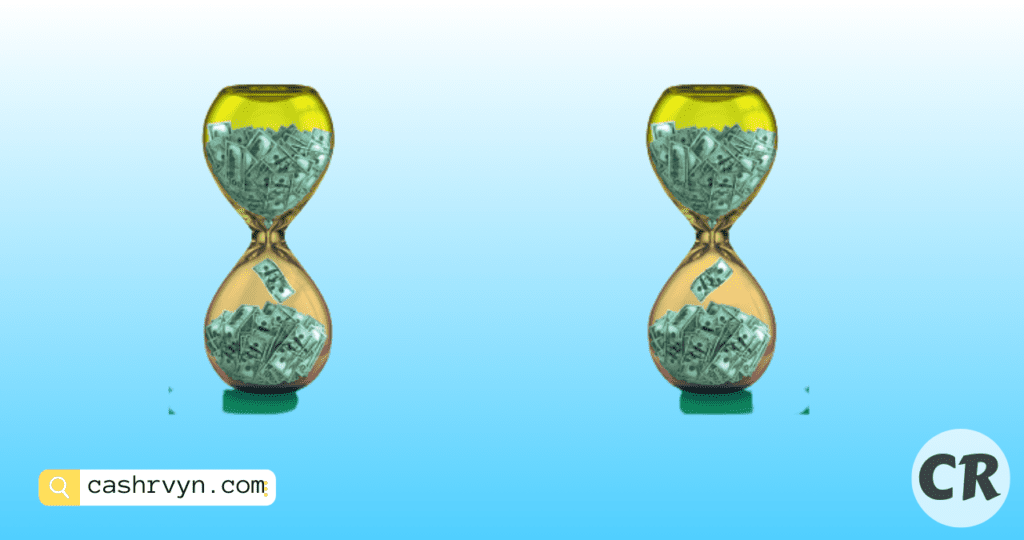Most likely, the stock market comes to mind when you hear the phrase “investing,” since it is a high-risk, high-reward environment. But there are many various ways to invest, including via bonds, mutual funds, exchange-traded funds (ETFs), and even more conservative options like certificates of deposit (CDs).

In addition to the security of FDIC insurance, which guarantees that your money will be there when you need it, CDs often provide a guaranteed interest rate that is greater than a savings account. They may not be appropriate in all circumstances, but they may be a good method to set aside money for immediate needs or provide a steady flow of income.
5 advantages of investing in CDs
The advantages of CDs may make them a valuable addition to the rest of your financial portfolio or an effective approach to save money for a particular purpose.
Decision
The wide range of term choices offered by CD investments is one of their main advantages. You may pick a CD term length and interest rate that fits for your objectives. CD periods can be as short as one month or as long as ten years, with longer terms often delivering greater interest rates.
Even specific CD varieties exist that provide more flexibility as you handle objectives and situations that are always changing. For instance, no-penalty CDs enable early withdrawals without incurring fees, while bump-up CDs let you boost your interest rate in the midst of the term.
In the end, knowing your objectives and searching for the best CD or CD combination to help you achieve them are the keys to choosing the ideal CD.
Security
Bank CDs provide an assurance that you will at least get your original investment back, but brokered CDs may lose value if interest rates increase throughout the CD’s duration. The only danger is that if you redeem the CD before it matures, you could lose interest.
This is crucial if you’re saving for a pressing financial need or short-term goal and can’t afford to take the possibility that your investment may lose value.
Deposit products like CDs are likewise covered by FDIC insurance up to $250,000 as deposits. You may have $250,000 invested in CDs at many different banks and be covered against the potential of bank collapse since this coverage applies per bank.
The fact that FDIC insurance is guaranteed by the government gives individuals a lot of peace of mind, according to Kyle Newell, CFP®, owner of Newell Wealth Management in Winter Garden, Florida. Particularly given that our interest rates are really quite favorable in comparison to those of other risky asset classes.
To put it another way, CDs are thought of as highly secure investments.
Predicted costs
While some CDs provide variable rates, most of the time they are fixed. As a result, if you take out a CD with a five-year term and an APY of 5%, you know you will receive that rate as long as you keep the CD.
Since you’ll be earning more than you would from something like a savings account with a variable interest rate, this certainty might make it simpler to plan ahead. It can also be very useful if interest rates decline during the course of your CD.
Greater profits
In spite of the fact that there are numerous investment accounts these days that are paying serious rates too, Cds frequently give more noteworthy loan fees than even high return bank accounts since you are resolving to secure your cash for a while. You may frequently get a smidgen something else for your cash on the off chance that you realize you won’t have to contact it.
Excellent for planning income
A CD may be a wonderful method to plan ahead for the money you’ll need in the future since you know precisely how much you’ll receive after it matures.
For instance, you may acquire many CDs with various keywords and build a CD ladder. You will get a consistent amount of money when each CD matures, which you may use to your advantage or reinvest. Below, we’ll go into greater detail regarding CD ladders and how they operate.
3 drawbacks of investing in CDs
Like different speculations, Albums have specific hindrances also. The absolute greatest downsides are recorded beneath.
An approach that is too cautious
The interest rates on CDs are normally higher than those on savings accounts, but over the long run, your returns will probably be less than those of a diversified investment portfolio that includes stocks and bonds.
Because of this, it’s dangerous to place too much of your long-term investing trust in CDs. Your money may not last as long as you need it to if the returns aren’t high enough.
Price hikes
The set interest rate of a CD provides security, but it also increases the risk that inflation may exceed your return, particularly over longer periods of time. As a result, the money you earn may not be as valuable when you get it.
Because CDs sometimes fail to keep pace with inflation, Jonathan P. Bednar, II, CFP®, of Paradigm Wealth Partners in Knoxville, Tennessee, explains that he refers to them as “certificates of depreciation.” “That doesn’t make it awful, however. It simply implies that although you are gaining money, you can be gradually losing part of your buying power.
Taxes
The interest you earn on your CD will be taxed as regular income in the year you earn it unless it is stored in an IRA. That might drastically lower the net return you actually get, particularly when compared to a diversified investment portfolio kept inside a retirement savings plan like a 401(k) or individual retirement account (IRA), depending on your federal and state income tax levels.







